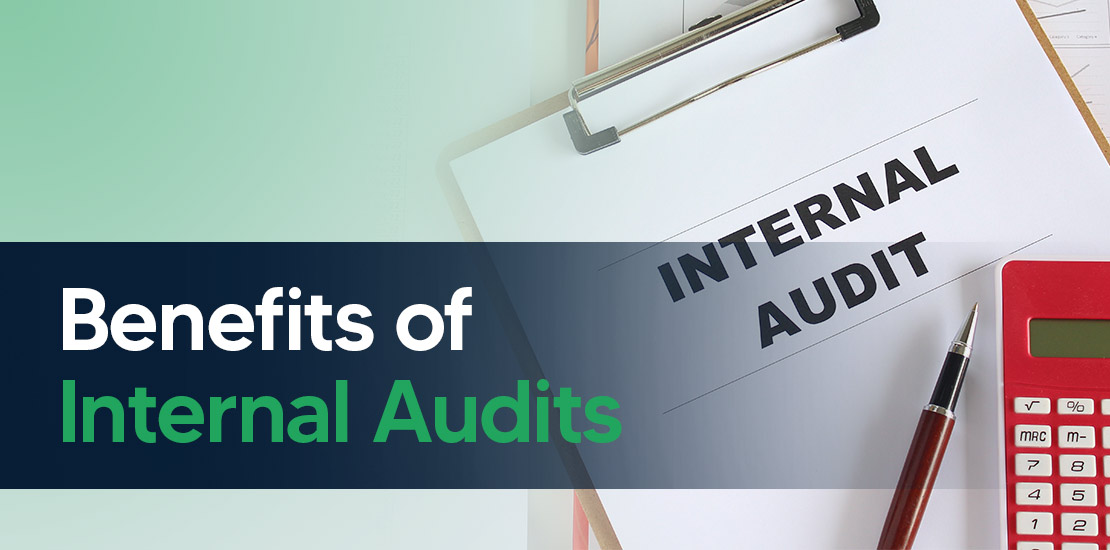The UAE continues to take bold steps in strengthening its position as a global investment hub. In a significant update, the Ministry of Finance (MoF) has announced an extension of the corporate tax exemption policy, this time including foreign-owned entities under specific conditions. The move aims to ensure fairness in tax treatment between local and foreign entities linked to certain exempt owners.
Let’s break down what this update means, who it benefits, and how businesses can make the most of it.
What’s New?
Previously:
Foreign entities, even if fully owned by UAE government entities, sovereign funds, or other tax-exempt institutions, were not eligible for corporate tax exemption simply because they were incorporated outside the UAE.
Now:
On 14 May 2025, Cabinet Decision No. 55 of 2025 was issued by the UAE Ministry of Finance. This decision expands the scope of Corporate Tax (CT) exemptions to cover certain foreign juridical persons, retrospectively effective from 1 June 2023.
Foreign juridical persons (companies and legal entities) can enjoy the same tax exemption as UAE-incorporated entities if they are wholly owned by an exempt person and meet specific operational and ownership criteria.
Who Are the Exempt Owners?
The exemption applies if the foreign entity is 100% owned and controlled by one of the following exempt entities:
- Federal and Emirate Government bodies
- Government-controlled entities
- Qualifying investment funds
- Public pension funds
- Social security funds
These exempt owners are already listed under Article 4(1) of the UAE Corporate Tax Law and enjoy full tax exemption on their qualifying income.
What Are the Conditions for Tax Exemption?
For a foreign juridical person to qualify under this new rule, it must meet one or more of the following conditions:
1. Aligned Business Activities
The foreign entity must undertake part or all of the same activities carried out by the exempt owner.
Example: A foreign investment vehicle conducting real estate investments on behalf of a UAE pension fund.
2. Exclusive Asset Holding
The entity must hold assets or invest funds exclusively for the benefit of the exempt owner.
Example: A foreign SPV (Special Purpose Vehicle) that owns a portfolio managed on behalf of a sovereign fund.
3. Support Functions
The entity must carry out activities that directly support or facilitate the exempt owner’s operations.
Example: A foreign company providing IT or back-office support to a UAE government-owned enterprise.
Additional Requirement: UAE-Based Management
The foreign entity must have its Place of Effective Management (POEM) in the UAE. This means that the strategic decisions and overall control of the business are exercised from within the UAE, even if the company is incorporated abroad.
This clause ensures that entities claiming exemption have real economic substance and operations tied to the UAE, avoiding misuse of the exemption status.
Why Is This Update Important?
The expanded exemption offers several key benefits:
1. Eliminates Discrimination
Ensures that foreign-owned entities are not at a disadvantage compared to UAE-incorporated entities under the same ownership.
2. Boosts Global Investment Appeal
Reinforces the UAE’s attractiveness as a destination for holding companies, sovereign funds, and institutional investors.
3. Encourages Restructuring
Encourages existing foreign entities to reassess their UAE presence and possibly shift key management operations to the UAE to benefit from the exemption.
4. Supports UAE’s Global Tax Commitments
Aligns with OECD international tax frameworks, adding credibility to the UAE’s tax regime on the global stage.
What Should Businesses Do Now?
This update creates a strategic opportunity for foreign investors and organizations to optimize their UAE tax position. Here’s what businesses should consider:
1. Reassess Corporate Structures
Foreign entities should examine their ownership and control structure to see if they now qualify.
2. Check Place of Effective Management (POEM)
Confirm whether the strategic decisions are being made from the UAE—this is key for eligibility.
3. Ensure Compliance with Article 4(1)(h)
Ensure your activities align with the new conditions for exemption.
4. Maintain Proper Documentation
You’ll need supporting records to prove ownership, control, and operational alignment with the exempt owner.
How Shuraa Tax Can Help
At Shuraa Tax, we make it easy for businesses, local and foreign, to understand the UAE’s evolving tax landscape. With in-depth knowledge of the UAE Corporate Tax Law and international tax structures, we can:
- Evaluate your eligibility under the updated tax exemption
- Advise on restructuring your business to benefit from the exemption
- Handle all corporate tax registrations, documentation, and filings
- Assist with POEM assessments and documentation
- Offer ongoing compliance and tax planning support
The UAE’s decision to extend corporate tax exemptions to certain foreign-owned entities is a welcome and strategic move. It sends a clear message: the UAE is open, fair, and committed to aligning its business environment with global best practices.
If you’re a foreign government body, investment fund, or pension fund or if you’re doing business with one, this could be your chance to benefit from a 0% corporate tax rate in the UAE.
Contact Shuraa Tax today to explore how this update affects your business and take the right steps to stay compliant and competitive. +













